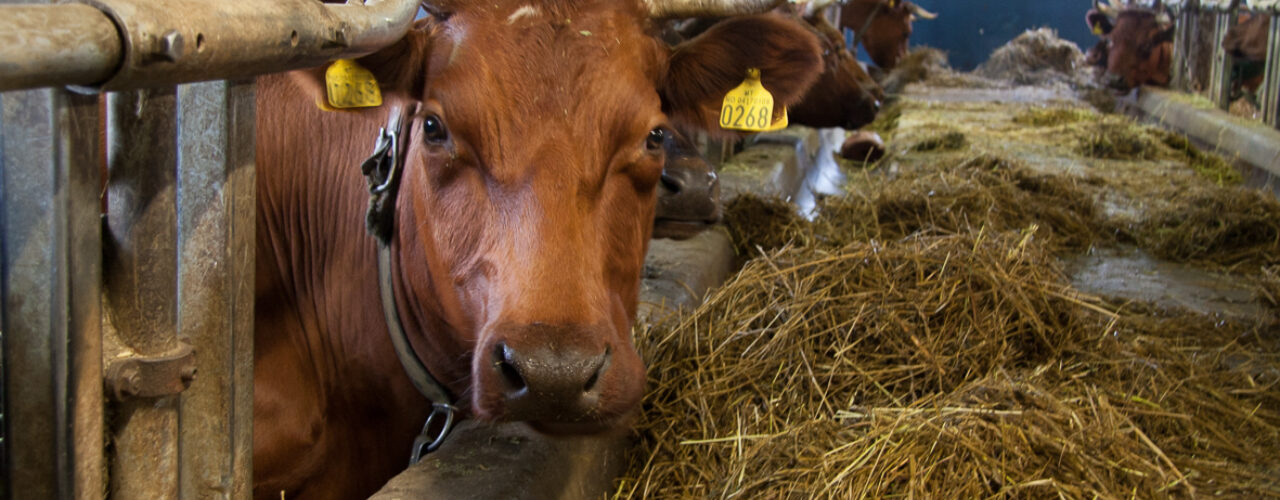
GHG Inventory for Norwegian Agriculture – State of Knowledge and Assessment of Emission Reduction Measures
Based on a GHG inventory of agriculture and food consumption in Norway, the project aims to assess measures to address the combined challenge of population growth and the need to maintain soil fertility. The project consists of three parts: 1) Calculating the carbon footprint of Norwegian agriculture and food consumption, based on official statistics and a methodology presented by the non-profit organization GRAIN at a UNCTAD conference. 2) Reviewing the literature about the effects of different types of agriculture on GHG emissions and carbon sequestration. 3) Setting up a nutrient balance for the Fokhol farm. How can the principle of nutrient cycling be adapted to practical farm operations and be part of a sustainable diet? Results will be communicated orally and in writing to the various target groups of the project, such as farmers and the extension service, teachers and students, journalists and consumers.
